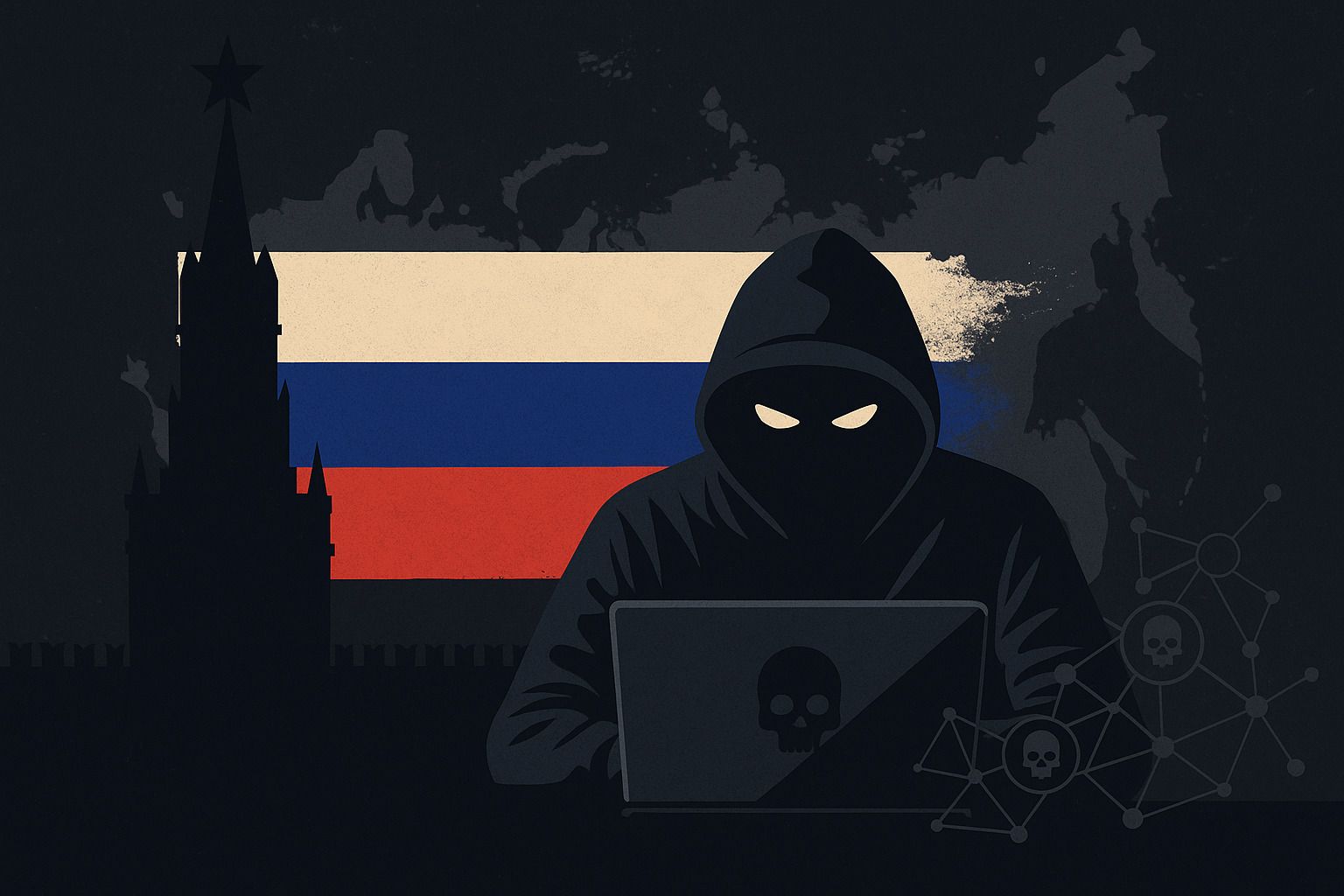
CYBER SYRUP
Delivering the sweetest insights on cybersecurity.
Tech moves fast, but you're still playing catch-up?
That's exactly why 100K+ engineers working at Google, Meta, and Apple read The Code twice a week.
Here's what you get:
Curated tech news that shapes your career - Filtered from thousands of sources so you know what's coming 6 months early.
Practical resources you can use immediately - Real tutorials and tools that solve actual engineering problems.
Research papers and insights decoded - We break down complex tech so you understand what matters.
All delivered twice a week in just 2 short emails.
Russia’s Cybercrime Ecosystem Transforms Under State Control

A new report by Recorded Future reveals that Russian cybercriminals are no longer merely tolerated by state authorities—they are now actively managed as extensions of national power. The report, titled Dark Covenant: Russia’s Cybercriminal Statecraft, Part III, details how Moscow’s intelligence and law enforcement agencies have deepened their influence over the cybercrime ecosystem, transforming it into a hybrid instrument of espionage, influence, and selective enforcement.
From Tolerance to Control
For years, Russian cybercriminals operated freely under an unspoken agreement: as long as they avoided attacking domestic targets and occasionally cooperated with intelligence services, they were largely untouchable. However, Recorded Future’s analysis shows that since 2023, this arrangement has evolved into a more structured partnership.
Following the 2022 invasion of Ukraine, several major threat actors pledged allegiance to the Kremlin, integrating their operations with state objectives. Others distanced themselves, leading to an internal reshaping of Russia’s underground cyber landscape.
Impact of Global Law Enforcement Pressure
International operations—particularly Operation Endgame, a multinational effort targeting malware loaders, botnets, and laundering infrastructure—have disrupted this balance. Facing increased global pressure, Russian authorities have responded with strategic arrests and asset seizures, but these actions are often symbolic rather than systemic.
Recorded Future notes that Russia’s enforcement focuses on low-value financial enablers rather than core ransomware operators tied to security services. Arrests of operators associated with Cryptex and UAPS followed Western sanctions, but more powerful actors linked to groups like Conti and TrickBot remain untouched due to their intelligence value.
“Russian services recruit or co-opt talent when useful, look the other way when activity aligns with state aims, and selectively enforce laws when threat actors become politically inconvenient or externally embarrassing,” the report states.
A Cybercriminal Market Under Governance
Russia’s cybercriminal underworld now operates under selective governance, not eradication. Cybercriminals often pay for protection and cooperate with state agencies when called upon. When they become liabilities—or fail to serve state interests—they are swiftly targeted by law enforcement.
This has led to a fractured underground where ransomware affiliates operate more cautiously, adopting closed recruitment, stricter vetting, and decentralized structures to avoid infiltration.
Decline of Ransomware Advertising and Rising Distrust
Since Operation Endgame began, ransomware-as-a-service (RaaS) listings on dark web forums have sharply declined. The few remaining programs now recruit exclusively Russian-speaking affiliates, reflecting heightened paranoia and distrust toward outsiders.
Recorded Future reports a surge in impersonation schemes, data resale scams, and operational security warnings circulating through underground channels—clear signs that the once-unified Russian cybercrime ecosystem is fragmenting under scrutiny.
Conclusion
Russia’s cybercriminal environment has transitioned from a loosely tolerated gray zone into a state-regulated ecosystem where enforcement serves political objectives. While ransomware and financial cybercrime remain lucrative, the cost of trust has risen sharply, and the boundary between cybercrime and cyberwarfare in Russia has never been thinner.

